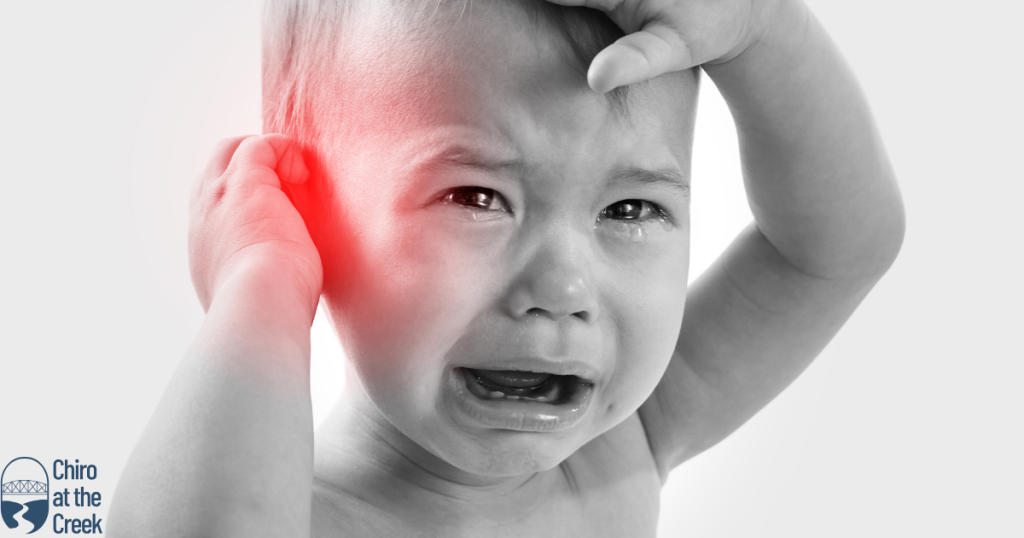Recognizing the Signs of Childhood Depression
Childhood depression is a serious mental health condition that affects a significant number of children and adolescents worldwide. According to the Centers for Disease Control and Prevention (CDC), an estimated 3.2% of children aged 3-17 have been diagnosed with depression. However, recognizing the signs of childhood depression can be challenging, as symptoms may manifest differently in children compared to adults. Common signs of childhood depression include persistent feelings of sadness, irritability, changes in appetite or sleep patterns, social withdrawal, and a lack of interest in activities they once enjoyed.
The Impact of Childhood Depression on Overall Health
Childhood depression is more than just occasional sadness—it is a serious mental health condition that can have profound effects on a child’s physical, emotional, and developmental well-being. Depressed children often struggle with low energy, poor sleep, changes in appetite, and weakened immune function. These physical symptoms can lead to frequent illnesses, chronic fatigue, and delayed growth or development. Moreover, depression can impair brain development, particularly in areas responsible for emotional regulation, memory, and learning. This disruption can affect academic performance, social interactions, and even future career potential, setting a pattern that may persist into adulthood if left unaddressed.
Beyond physical and cognitive impacts, childhood depression is strongly linked to long-term health risks. Studies show that children with untreated depression are more likely to engage in harmful behaviors such as substance abuse, self-harm, or social withdrawal. They are also at greater risk for developing chronic conditions like anxiety disorders, obesity, cardiovascular disease, and type 2 diabetes later in life due to the long-term effects of stress hormones and inflammation on the body. Early identification and comprehensive care—including mental health support, lifestyle interventions, and chiropractic care—are essential for preventing these long-term consequences and promoting healthy development.
How Chiropractic Care Can Help Manage Childhood Depression
Chiropractic care is a holistic approach to healthcare that focuses on the relationship between the spine and nervous system. While chiropractic care is often associated with treating musculoskeletal issues, research has shown that it can also be beneficial for mental health conditions like depression. Chiropractic adjustments can help improve spinal alignment and nerve function, which in turn can positively impact mood regulation and emotional well-being. By addressing underlying imbalances in the body, chiropractic care can help manage symptoms of childhood depression and improve overall health and wellness.
Chiropractic care can help optimize neurotransmitter function by improving the communication between the brain and body through the spinal cord and nervous system. Misalignments in the spine, known as subluxations, can interfere with nerve signals that regulate the release and balance of key neurotransmitters such as serotonin, dopamine, GABA, and acetylcholine. By performing spinal adjustments—especially in areas like the upper cervical spine—chiropractors help restore proper nervous system flow, which can stimulate the vagus nerve, reduce sympathetic overdrive, and support healthy parasympathetic activity. This can lead to better regulation of mood, stress responses, sleep, and emotional well-being through more balanced neurotransmitter activity.
Integrating Chiropractic Care into a Comprehensive Treatment Plan
Emerging research shows a growing connection between chiropractic care and improvements in childhood mental health, including depression. A 2021 case series published in the Journal of Pediatric, Maternal & Family Health reported significant improvement in mood, behavior, and emotional regulation in children receiving chiropractic adjustments, with parents noting enhanced sleep, reduced anxiety, and better focus. Another review found that up to 60% of children with behavioral or emotional disorders experienced positive changes with chiropractic care as part of a multidisciplinary approach.
Integrating chiropractic care into a comprehensive treatment plan for childhood depression can provide a multi-faceted approach to addressing the root causes of the condition. By working with a chiropractor who specializes in pediatric care, parents can ensure that their child receives personalized treatment that is safe and effective. Ultimately, by taking a holistic approach to managing childhood depression, parents can help their child achieve optimal mental and physical health.













